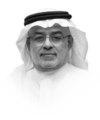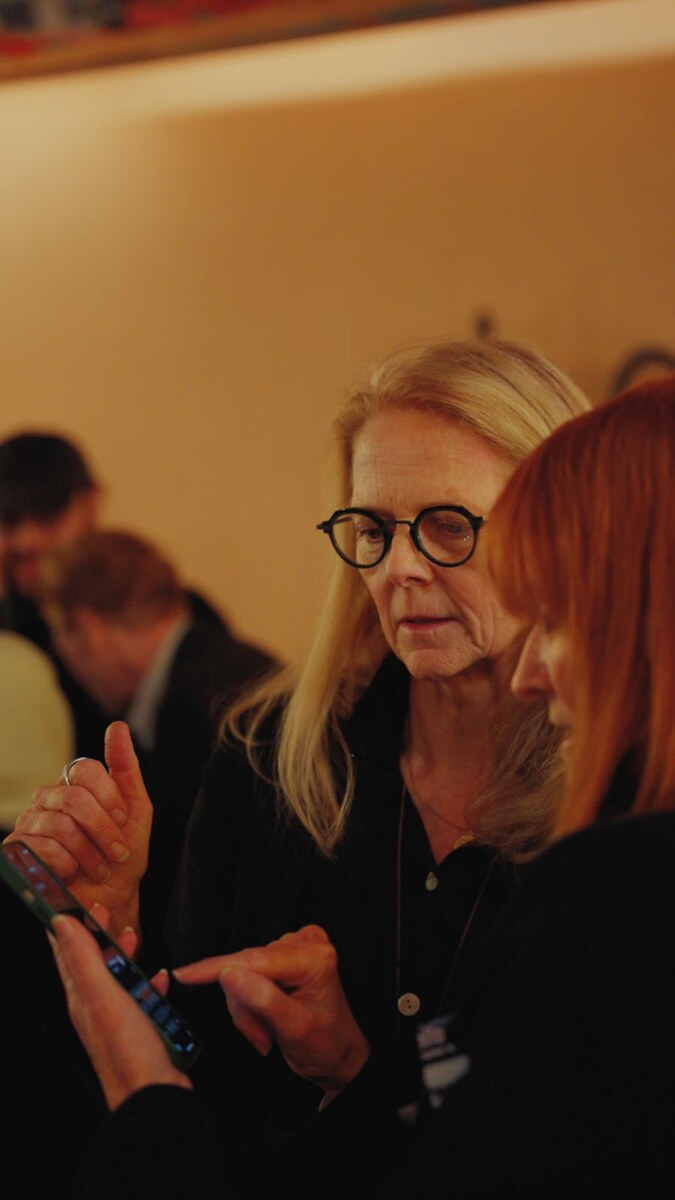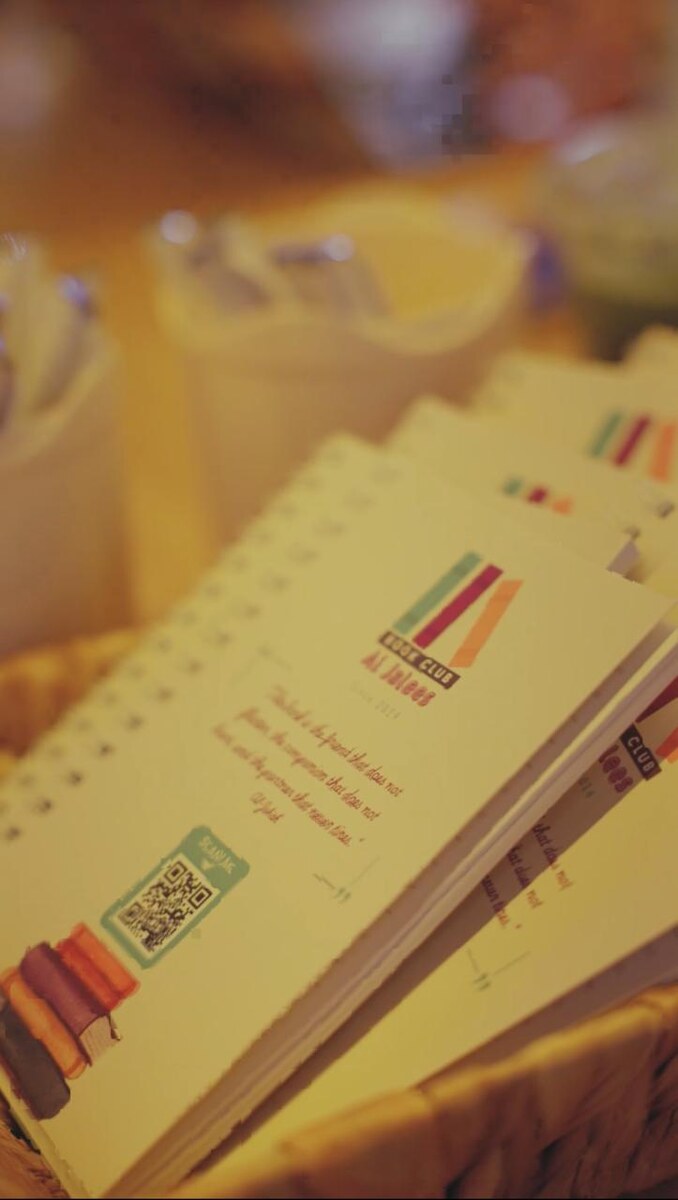Ocean currents are the lifeblood of marine ecosystems

https://arab.news/8bnfg
Water is the essence of life, and its movement across the oceans, driven by powerful currents, connects marine ecosystems. Ocean currents, both on the surface and in deep waters, influence countless species and regulate the planet’s climate.
For Saudi Arabia, with its unique marine ecosystems along the Red Sea and Arabian Gulf, understanding and protecting ocean currents is a critical mission led by the National Center for Wildlife, or NCW.
Ocean currents, often called the “conveyor belts” of the sea, transport heat, nutrients and oxygen, while connecting marine populations. Surface currents are mainly driven by wind, while deep ocean currents are shaped by differences in water density due to temperature and salinity variations.
These currents play a crucial role in shaping marine ecosystems, supporting biodiversity and maintaining the delicate balance of life beneath the waves.
For example, juvenile sea turtles in the Arabian Gulf and Red Sea rely on ocean currents during their early-life stages. Hatchlings drift with these currents for the first few months, gaining protection and determining the foraging areas that they will return to as adults.
Similarly, coral reefs — among the most biodiverse habitats — depend on ocean currents to distribute larvae, supporting the survival of future generations and the overall health of the marine ecosystem.
However, changing ocean currents, a consequence of global climate change, pose significant challenges to marine life.
Shifts in current patterns can disrupt migration routes for species such as whales and eels, hinder the flow of essential nutrients and alter the range of coral reefs. For example, warming waters from shifting currents in Western Australia have been linked to widespread coral bleaching and seagrass loss.
As the steward of its natural heritage, Saudi Arabia has a responsibility to protect its marine ecosystems and the global systems they support.
Mohammed Qurban
These impacts ripple through the marine food chain, affecting everything from plankton to apex predators such as sharks.
The National Center for Wildlife recognizes the crucial role of ocean currents in sustaining marine life and maintaining ecological balance. In the Red Sea, one of the world’s most biologically significant marine regions, the NCW studies and protects the connectivity of marine populations influenced by these currents.
In collaboration with regional partners, the NCW is leading efforts to rehabilitate key habitats, such as turtle nesting sites and coral reefs, which are vital to the health of ocean currents.
Additionally, the NCW is leading efforts to address the impacts of climate change on marine biodiversity. By closely monitoring changes in ocean circulation patterns, the NCW is developing strategies to mitigate disruptions to species migration, larval dispersal and habitat health.
These initiatives enhance the resilience of Saudi Arabia’s marine ecosystems and align with global biodiversity conservation goals, including the 30x30 pledge to protect 30 percent of the planet’s land and oceans by 2030.
Ocean currents offer important lessons, reflecting the interconnectedness of our actions and their consequences. By understanding and protecting these currents, we help to ensure the survival of species, the stability of ecosystems and the resilience of our planet in a changing climate.
As the steward of its natural heritage, Saudi Arabia has a responsibility to protect its marine ecosystems and the global systems they support. The NCW is committed to advancing research, promoting sustainable practices, and fostering international collaboration to preserve the lifeblood of our oceans for future generations.
Tomorrow’s wild depends on our will today.
• Mohammed Qurban is the CEO of the National Center for Wildlife.































